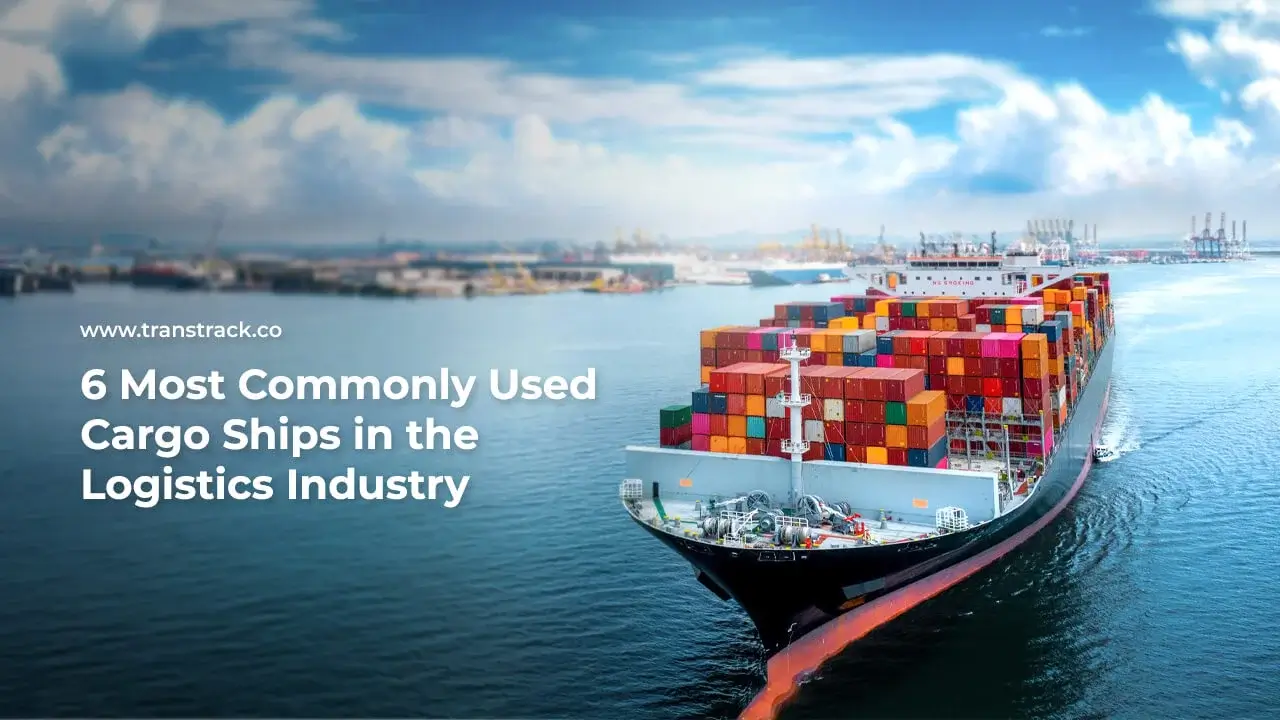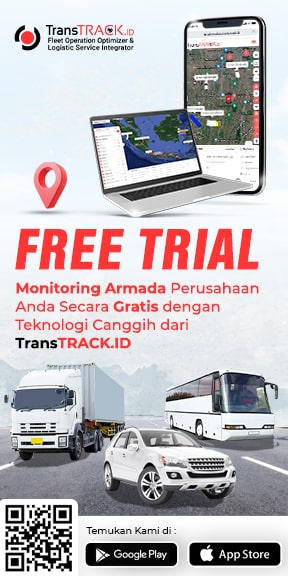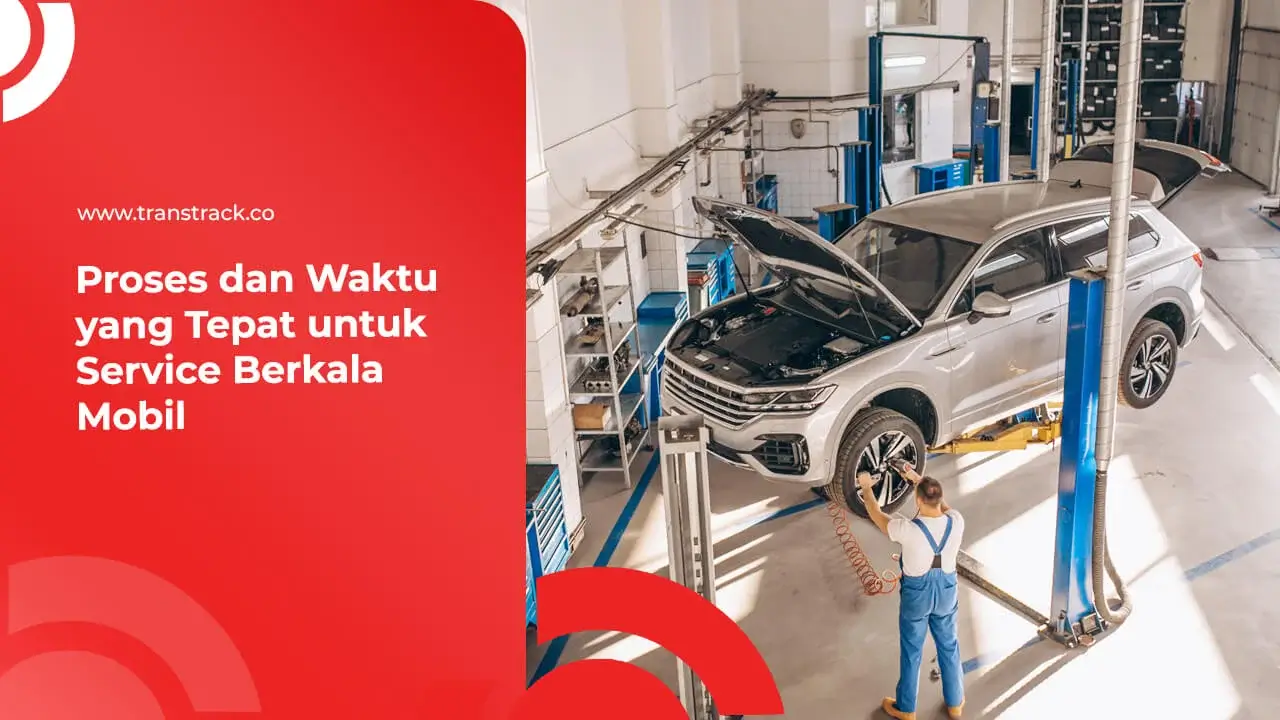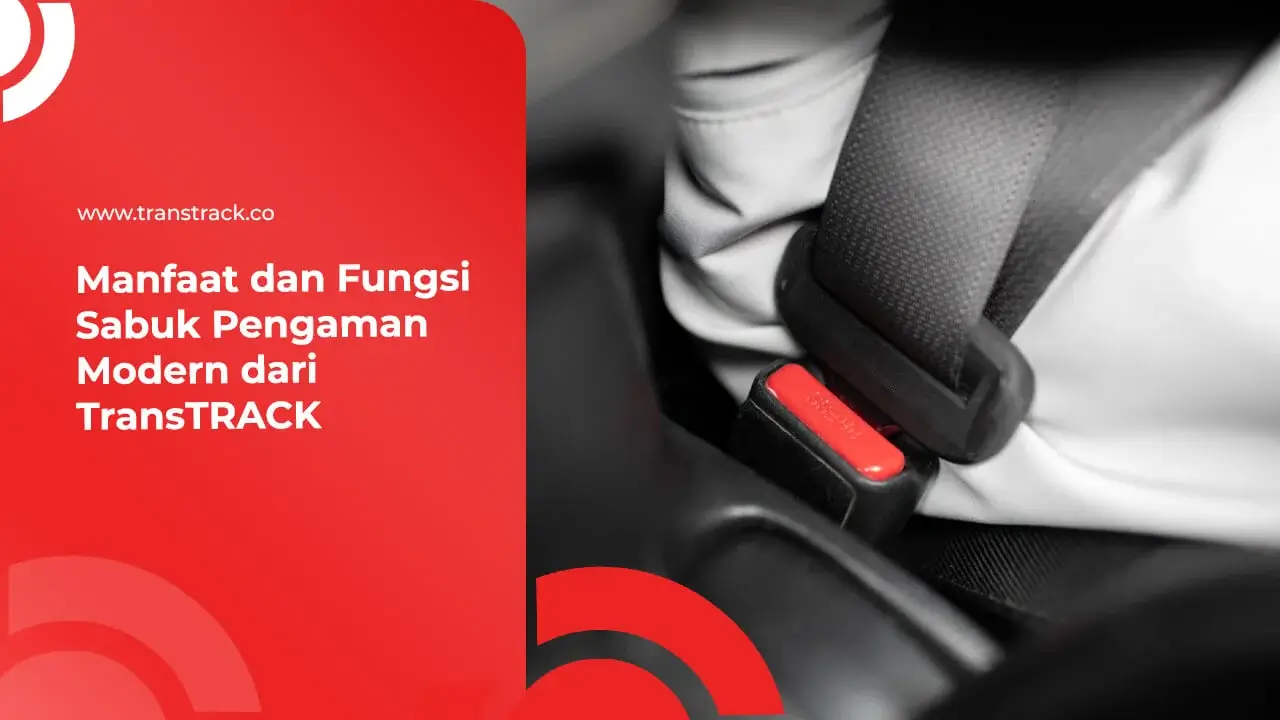6 Most Commonly Used Cargo Ships in the Logistics Industry

Cargo ships are one of the essential elements in the logistics industry and international trade. They have played a vital function in the movement of goods from one port to another around the world. But what exactly are cargo ships, what are the different types, and how important is their role in global trade? Let’s find out the answers in the following article TransTRACK!
Overview of Cargo Ships
A cargo ship, also known as a freighter, is a specialized type of vessel designed to carry goods or commercial cargo from one location to another through water. That’s why shipping goods by sea is also called shipping.
Freight ships can be of various sizes and types, according to the type of cargo they transport. They are one of the most vital elements in the global supply chain, allowing companies to ship goods to different parts of the world through ports.
Cargo Ship Function
The main function of a cargo ship is to carry goods or cargo from one port to another. They help in international trade by allowing companies to import and export their goods to and from different countries. These ships can carry different types of goods, including products such as electronics, textiles, foodstuffs, and so on.
In addition to their primary function as a means of transporting goods, these ships also play an important role in the global economy. They create jobs for thousands of people, including seafarers, security officers, and port staff. In addition, they support international trade activities that involve the import and export of goods on a large scale.
Types of Cargo Ships
The types of cargo ships or freighters vary widely, depending on the type of cargo they carry, the shipping route, and various special needs. Below, TransTRACK will explain some of the common types of freighters or cargo vessels used in the logistics industry:
Container Ships
Container ships are the most common type used in global trade. They are specifically designed to transport standard containers. Container ships have enormous cargo capabilities. Containers are more efficient in cargo processing at ports, allowing for massive shipments of goods and speeding up distribution.
Liquefied Gas Carriers
Liquefied Gas Carriers are designed to transport liquefied gases, such as liquefied natural gas and ammonia. These vessels have specialized tanks for transporting large quantities of liquefied gas. Liquefied gas carriers also help drive the global trade of liquefied natural gas and hazardous chemical products.
Bulk Carriers
Bulk carriers are used to transport solid or bulk cargo such as grain, coal, wheat and other raw materials. Bulk carriers have cargo that is filled in a bulk manner, usually in the form of large, unpackaged loads. This type of vessel is ideal for efficiently transporting large quantities of solid cargo.
Roro Cargo Ship (Roll-on/Roll-off)
Roro cargo ships allow motorized vehicles and goods to “roll-on” and “roll-off” from the ship with ease. These vessels have specialized decks designed to accommodate four-wheelers, trucks, and vehicle-movable cargo. Roro vessels improve the efficiency of moving vehicles and cargo quickly at ports.
Refrigerated Cargo Ships
Refrigerated freighters are designed to transport goods that require controlled temperatures, such as food and pharmaceutical products. These vessels have specialized refrigerated and storage rooms to keep the temperature of the goods stable. This allows the shipment of goods that require controlled temperatures, maintaining their freshness.
Specialized Cargo Ships:
Specialized cargo ships include a variety of types designed for specialized cargo, such as ships that transport dangerous goods, timber, vehicles, or construction equipment. According to the specific type of cargo, these vessels have specialized equipment and storage accordingly.
Each of these ship types has a specialized role in the logistics industry and global trade. The need for the right type of vessel depends on the type of cargo, voyage distance, and other specific requirements. With these different types of freighters, the logistics industry continues to evolve to meet the increasingly complex and diversified needs of global trade.
Challenges in the Cargo Ship Industry
While these vessels play an important role in global trade, the industry also faces a number of challenges that must be overcome. Some of these include:
Environmental Change
In recent years, there has been increasing pressure to reduce the environmental impact of the cargo ship industry. These vessels have been a large contributor to air and water pollution. Therefore, there is a push to adopt more environmentally friendly technologies, such as low-fuel or electric-powered ships.
Security Risks
Cargo ships also face significant security risks. Threats such as piracy, robbery and other criminal acts at sea can disrupt the operations of these vessels. Security is therefore a major concern.
New Technology
Technological advancements continue to drive this change in the ship industry. Automation and the use of big data are becoming more common, which can improve operational efficiency. However, this also poses challenges in terms of labor skills and technology investment.
The implementation of Cargo Tracker technology is an important step in the effort to optimize cargo ship logistics. Cargo Tracker is an advanced solution that enables logistics companies and ship owners to track, monitor and manage their cargo more efficiently. Cargo Tracker can be optimized to improve ship logistics ranging from real time tracking, cargo condition monitoring, security monitoring, to data analysis for continuous improvement.
The implementation of Cargo Tracker technology is an important step towards more efficient, safe, and controllable cargo ship logistics. With real-time data access and advanced monitoring tools, companies can optimize their operations, reduce costs, and improve service to their customers. Cargo Tracker technology you can get this at TransTRACK. TransTRACK has experience in helping companies optimize the process of shipping goods, fleet maintenance, and efficient logistics management through the products offered. Visit the website TransTRACK for more information!
Topic





